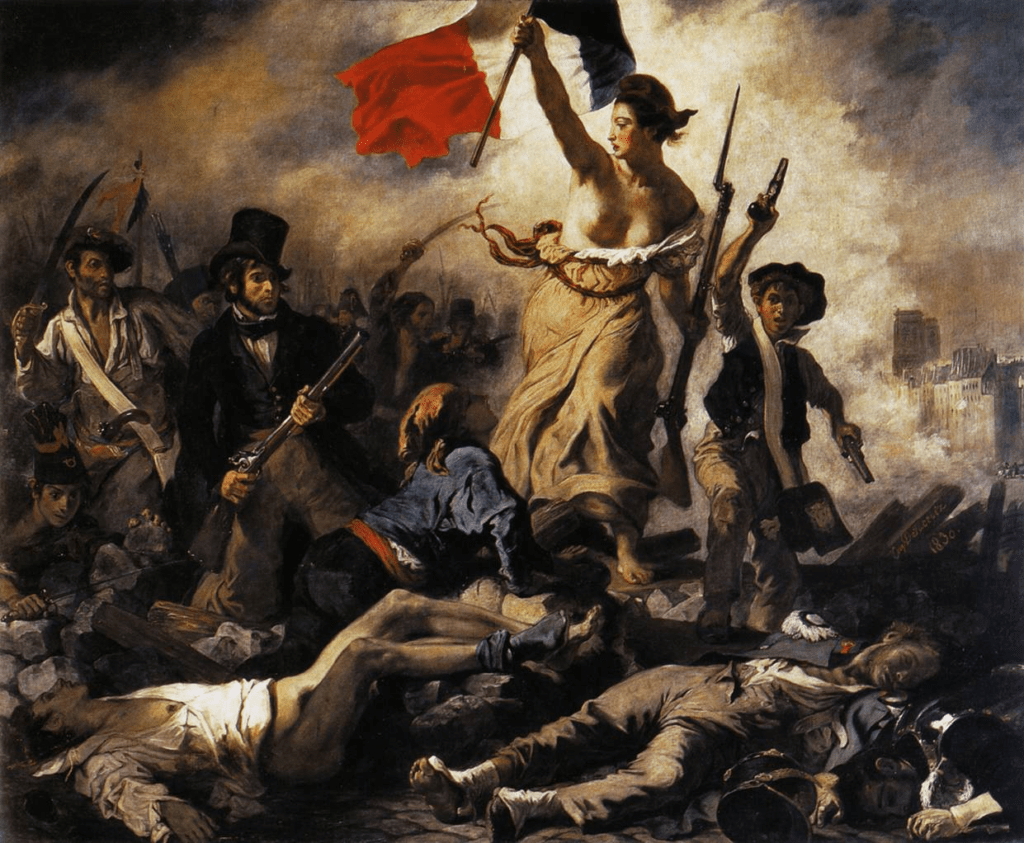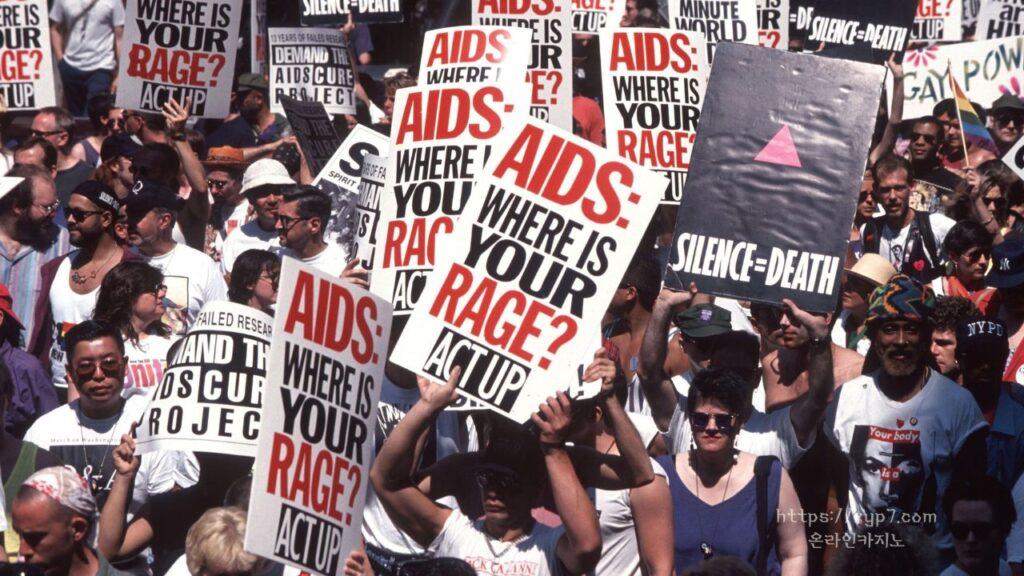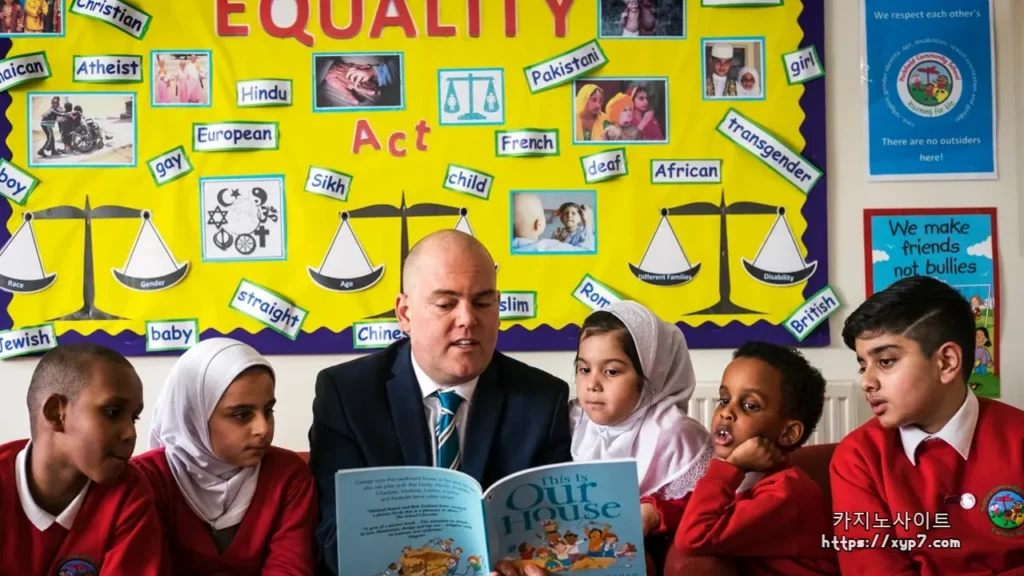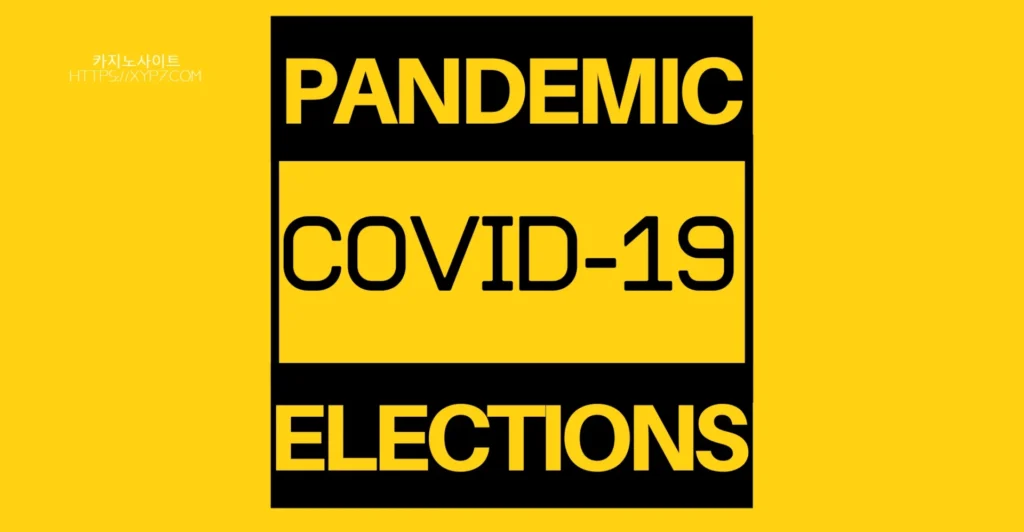According to a well-known critic, American schools are “going down the tubes” because they have become “infested” with “woke culture,” which has “sacrificed the idea of greatness” by “indoctrinating” pupils.
In response to two different scandals that involved prestigious prep schools in New York City, where parents claimed their kids were being brainwashed with anti-racism ideology, Vivek Ramaswamy came out.
The biotech entrepreneur Ramaswamy, who is the author of Woke, Inc., contrasted China’s Cultural Revolution of the 1960s and 1970s, during which the populace was indoctrinated with Maoism by the Communist Party, to the current trend of “wokeness” in schools.
But today what’s occurring, especially in our schools, is that we’ve taken this idea and sacrificed actual diversity itself in the name of diversity.
“We have also surrendered the idea of greatness,” Ramaswamy continued, “and when we have gotten rid of perfection, I think our schools are going down the tubes.”
Just a few days prior, a father had pulled his daughter out of Brearley, an exclusive all-girls private school in Manhattan that counts Tina Fey and Drew Barrymore among its parents.
Andrew Gutmann, 45, had stated in a letter dated April 13 that was released by Bari Weiss this week that he had decided not to reenroll his daughter in the $54,000 per year all-girls school.
Due to the school’s “obsession” with woke antiracism, he withdrew his daughter. The school, in his words, “teaches what to think, not how to think.”
He was criticized by the school for being “offensive” in return.
Related articles:
A math instructor complained last week that Grace Church School, another prestigious prep school in New York City, was indoctrinating kids with anti-racism doctrine.
Paul Rossi, a teacher at the prestigious prep school Grace Church School in Manhattan’s East Village, announced on Friday that he will now have to conduct his lessons online.
Rossi informed DailyMail.com that school principal George P. Davison had sent him an email this morning advising him to stay at home till further notice due to “security concerns.” According to reports, he was asked to stay at home when a coworker threatened him after his complaints were made public.
After writing a blog post earlier this week accusing the institution of indoctrinating students with “anti-racism” doctrine that “induces shame” in white students for being “oppressors,” Rossi attracted media attention.
He claimed that he made the decision to speak up because he was “witnessing the devastating impact” that anti-racism education has on kids and could no longer remain silent.
Head Davison addressed the searing post in a letter to guardians and staff Tuesday saying he was ‘frustrated’ the educator had decided to air his ‘disparities’ in a public discussion.
Topher Nichols, boss correspondences official for Elegance Church School, notwithstanding, told DailyMail.com Thursday that Rossi wouldn’t be terminated or face discipline over his post.
Yet, Ramaswamy told Fox News that these episodes represent the degree to which American youngsters are being brainwashed.
‘I believe it will be truly harming, harming the personalities of our future,’ he told Fox News.
‘The thing about America as a nation is that we dislike numerous different nations from the beginning of time – characterized based on a solitary identity, or a solitary language, or a solitary ruler.
‘America is a thought, and part of being a thought as a nation implies this.
‘The manner in which we depict America influences that America really works, that is the reason we call it the Pursuit of happiness. We seek to it. E pluribus unum (out of many, one). That is the very thing that we ought to be hoping for, thoughts that tight spot us together.
He added: ‘Rather we have been fixating on variety, our disparities, for 10 years now failing to remember the manners by which we are all really something very similar, and well that is getting sent to the future.
‘I think the manner in which we depict this country to them will influence the manner in which it works in the future, and that is something to be truly scared of.’
Gutmann, who maintains his family’s compound business, told the New York Post on Saturday that he wrote the 1,700-word letter he sent to 650 unique families 바카라사이트 since ‘somebody needed to stand up.’ He said he doesn’t lament sending the letter.
‘She hasn’t been conditioned at this point by the school – yet she’s had me at home. I’m not completely certain that is valid for different children,’ Gutmann told the power source, alluding to his girl.
‘It had to get done. Somebody needed to strike the match. Everybody’s so terrified of drop culture. We will annihilate the city, we will obliterate the country.’
Gutmann said he wouldn’t sign the school’s enemy of bigotry vow in October.
The school had begun the necessary vow after Dark graduated class blamed the school for prejudice in presents made on the Instagram account ‘Dark at Brearley,’ as per the Washington Free Reference point.
The school’s antiracism and variety plans are broadly portrayed on its site.
‘I thought they planned to throw my little girl out then,’ Gutmann said.
‘They didn’t, however one year from now they have the vow incorporated into the yearly school contract.’
The concerned father asserted that the school’s ‘once-thorough educational plan’ totally different after directors ‘figured out how to sneak’ in an expanded accentuation on race during the pandemic ‘when everybody was diverted,’ the New York Post revealed.
‘I don’t have the foggiest idea who’s truly driving this and no one does,’ he told the power source.
Gutmann said what he disdained the most about Brearley is that the school ‘has started to train what to think, rather than how to naturally suspect.’
Jane Broiled, Brearley’s head of school, made an impression on the school’s families on Friday in which she pummeled Gutmann’s letter as ‘profoundly hostile and hurtful.’
‘This evening, I and other people who work intimately with Upper School understudies met with more than 100 of them, large numbers of whom let us know that they felt scared and threatened by the letter and the way that it was sent straightforwardly to our homes,’ Broiled composed.
‘Our understudies noticed that as this letter, which denies the presence of fundamental prejudice, crossed their entryways, the proof of progressing bigotry – foundational etc – is day to day present in our titles.’
Related articles:
In any case, Gutmann claims that Brearley understudies ought not be ‘scared’ by getting a letter at their homes.
‘The upper schoolers fear getting a letter at their home?’ Gutmann said Saturday.
‘They’re scared and threatened? The school has said it’s main need is to show the young ladies scholarly boldness and mental fortitude. Possibly they are lying or probably they have made a terrible showing.’
It was not promptly clear the way that Gutmann figured out how to get the personal residences of the 650 families to home he sent the letters.
Gutmann said he has gotten steady messages from guardians across the city.
‘There’s an entire underground-like development out there,’ he told the New York Post.
Brearley’s graduated class incorporate Caroline Kennedy, Tea Leoni, Elisabeth Murdoch, Dorothy Schiff and Alice Blood Ruler.
In his letter, Gutmann delineated what he called Brearley’s ‘basic race hypothesis’ which he said is ‘upholding that Blacks ought to everlastingly be viewed as defenseless casualties’.
‘Many accept, as I do, that these strategies will eventually obliterate what was as of not long ago, a superb instructive establishment.
‘In any case, as I’m certain will not shock you, given the treacherous drop culture that has of late saturated our general public, most guardians are too unfortunate to even think about making some noise,’ he said, encouraging different guardians not to remain silent and guaranteeing them many feel the same way he does.
Accordingly, Brearley multiplied down on its situation. He is presently standing by to hear whether his girl can finish the scholastic year prior to moving her to another school.
‘A considerable lot of our understudies of variety, particularly the people who recognize as Dark, felt the letter scrutinized their having a place in the Brearley people group.
‘Their having a place and their greatness are verifiable,’ Jane Seared, the top of the school, composed.
The school’s antiracism and variety plans are broadly portrayed on its site.
It is the most recent illustration of a lofty, tuition based school, pontificating to guardians about their way of behaving.
At Dalton, one more tip top Manhattan school, guardians have whined about its ‘over the top’ against race plan, which remembers reenactments of bigoted police for science classes.
‘Ridiculously improper, a large number of these classes feel more likened to a Zoom corporate responsiveness preparing than to Dalton’s mentally captivating educational program,’ guardians said in a letter to the school that was gotten by The New York Post.
Jim Best, the head of Dalton and the planner of the new enemy of prejudice plan, is leaving the school toward the finish of 2021.





